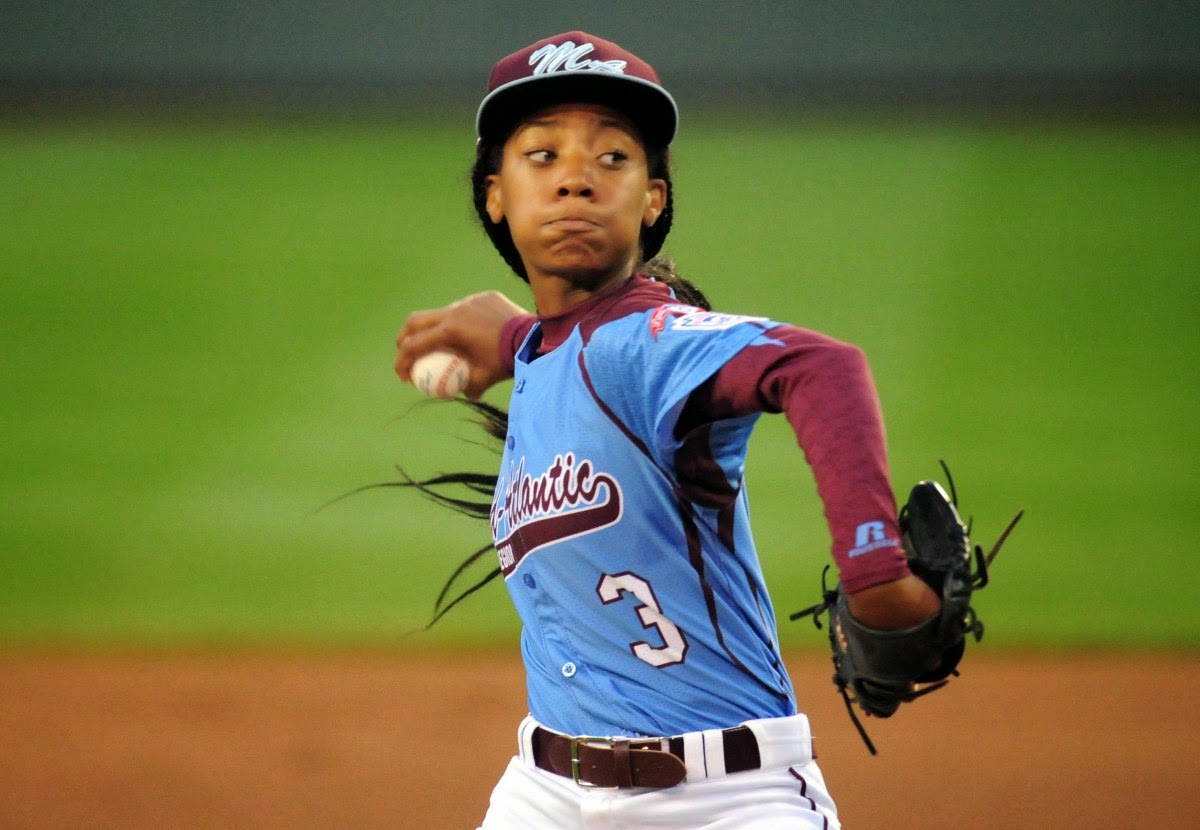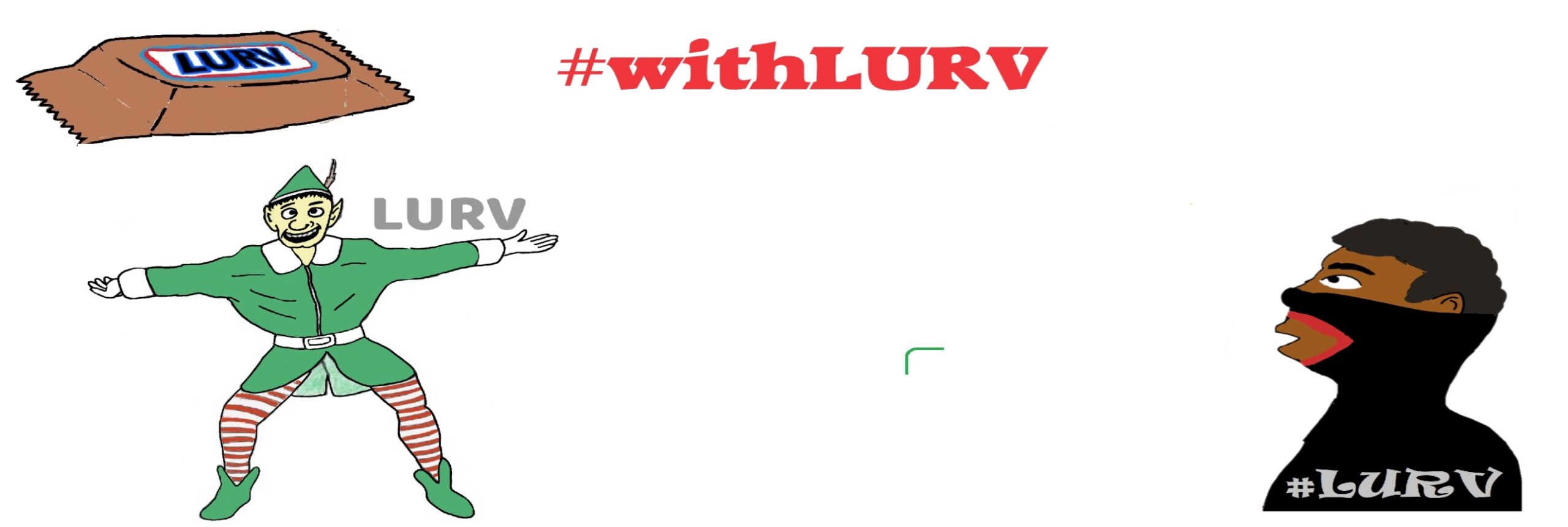Young athletes have been entertaining adults for centuries. Some of them even got paid for it.
Every year that the Little League World Series rolls around, the question comes up: Are we exploiting these kids? Should we be putting this pressure on preteens? Can they handle the increasingly intrusive media, which the average blogger or social networker plays a part? Anybody with a Facebook comment is part of the press, in a way, even if only a few people see the opinion.
Sports played by children, primarily for amusement and profit of grown folk, have been broadcast internationally for years. We were watching LeBron long before he cannonballed the pro scene. And he didn’t even play in college — his high school progress was chronicled by giants like ESPN.
It goes deeper than you know. During the depression times, six-foot-two Inky Lautman started to play professional basketball in the Jewish League for the Philadelphia SPHAA’s (South Philadelphia Hebrew Athletic Association). This league was the seed for today’s NBA. The slender Lautman was  only fifteen when he started pulling a check from the SPHAA.
only fifteen when he started pulling a check from the SPHAA.
Are some too young to be exposed to adult-level scrutiny on the playing field?
For those born in the 1990s, online social forums have been in the public consciousness from the start. There has always been a camera in their pockets — though they don’t really need those cameras, because cameras are already recording everybody.
This group of young people didn’t have to accept that anybody in the world with access to the Web can see what you’re up to. This was simply a fact. So a television network camera in the dugout, or a sit-down with the morning coffee crew at CBS, necessarily means less to a kid today. A Little League player has been emulating the major leaguers and other high-profile athletes. Real pros know how to act when people are watching.
Martina Hingis and Michael Chang each won a Grand Slam at seventeen. Ice skater Tara Lipinski was a fifteen-year-old gold medalist. High school football counts as must-see programming in some parts of the country.
The girls who perform best in gymnastics are around the same age as the Little Leaguers — and the winners on the mat get endorsements and, sometimes, lasting noteriety.
Maybe because the young gymnasts are trained to appear so composed, while doing ridiculously difficult maneuvers. Maybe it’s assumed these ladies can handle the omnipresent scrutiny, as they already are playing a role.
Invariably, once young ‘uns reach such levels, they fall short, and someone cries or loses their head in front of everyone. Think about it: You made it that far, people are starting to recognize you, top of the world for a moment… and then it falls apart. It’s over.
That is a huge release. Almost any twelve-year-old would feel like crying. A few overprotective adults always pop up to complain that the kids are too young for the attention. They say broadcasting children wiping away tears is exploitative. But why is it taboo to show a child mourning a big loss?
Weeping happens after professional losses, too.
